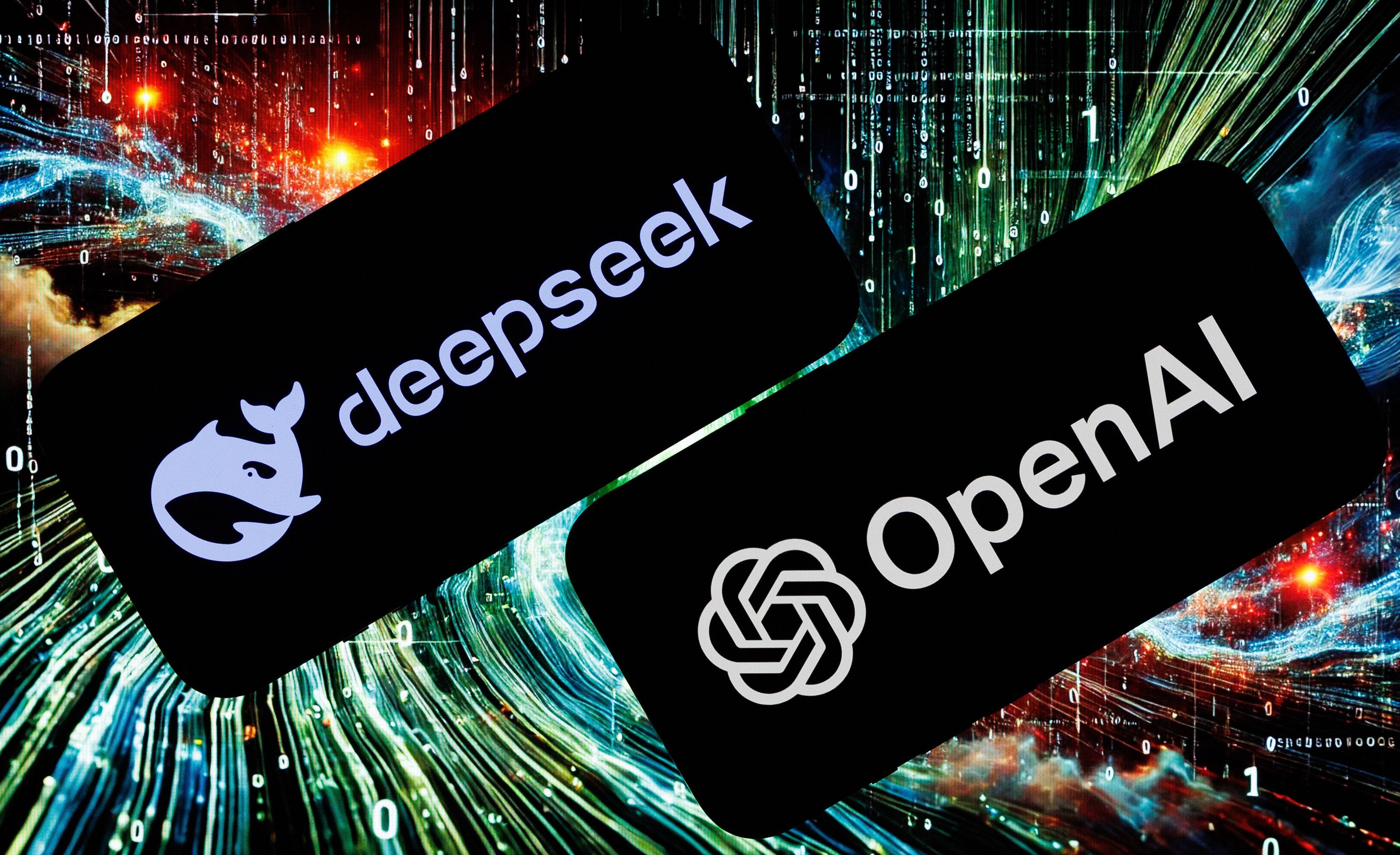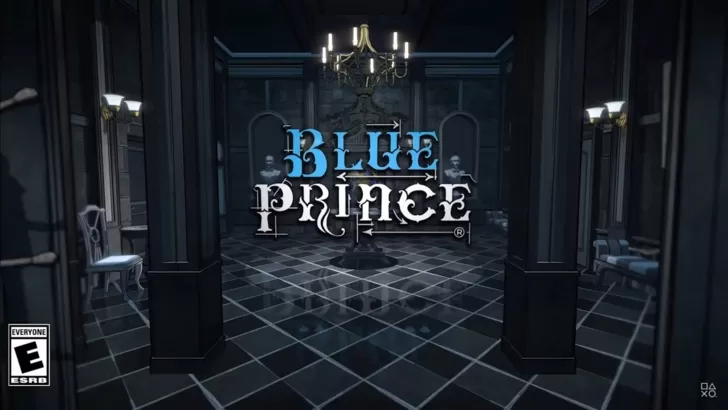The emergence of DeepSeek AI, a Chinese-developed model, has sparked significant controversy and concern within the U.S. tech industry. The suspicion that DeepSeek may have utilized OpenAI's data to train its own models has led to a sharp reaction from industry leaders and political figures alike. Donald Trump has labeled DeepSeek as a "wake-up call" for the U.S. tech sector, especially after Nvidia experienced a staggering $600 billion drop in market value following a 16.86% plummet in its stock price—the largest single-day loss in Wall Street history. Other tech giants like Microsoft, Meta Platforms, Google's parent company Alphabet, and Dell Technologies also saw their stock values decline, reflecting broader market anxieties about the competitive threat posed by DeepSeek.
DeepSeek's R1 model, built on the open-source DeepSeek-V3, claims to offer a cost-effective alternative to Western AI models like ChatGPT, reportedly requiring significantly less computing power and having been trained for just $6 million. This claim has not only challenged the hefty investments American tech companies are making in AI but has also driven DeepSeek to the top of the U.S. free app download charts amid discussions about its effectiveness.
In response to these developments, OpenAI and Microsoft are investigating whether DeepSeek used OpenAI's API to integrate OpenAI's models into its own, a practice known as distillation, which violates OpenAI's terms of service. OpenAI has emphasized its commitment to protecting its intellectual property and is collaborating with the U.S. government to safeguard its advanced models from being exploited by competitors and adversaries.
The situation has drawn attention to the broader issue of AI training data and copyright. OpenAI has previously acknowledged the necessity of using copyrighted materials to train models like ChatGPT, arguing that limiting training data to public domain works would not meet contemporary needs. This stance has fueled ongoing debates and legal battles, such as the lawsuit filed by The New York Times against OpenAI and Microsoft for the alleged "unlawful use" of its content, and another by 17 authors, including George R. R. Martin, accusing OpenAI of "systematic theft on a mass scale."
Amid these controversies, the irony of OpenAI's position has not gone unnoticed. Critics, including tech PR and writer Ed Zitron, have pointed out the hypocrisy of OpenAI complaining about data usage when it has itself been accused of using copyrighted internet content to develop ChatGPT. This situation underscores the complex and contentious landscape of AI development, where issues of intellectual property, data usage, and international competition intersect.

















